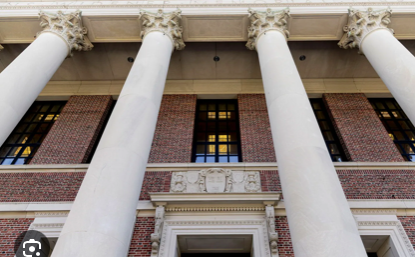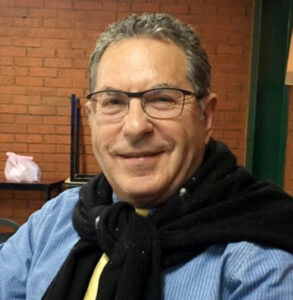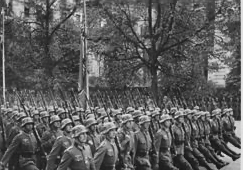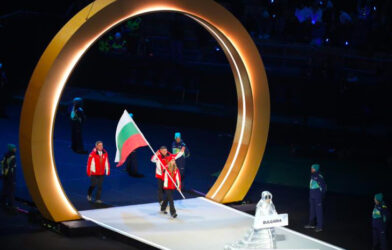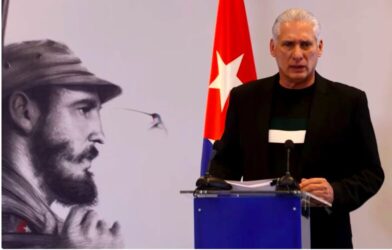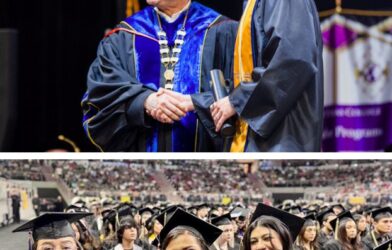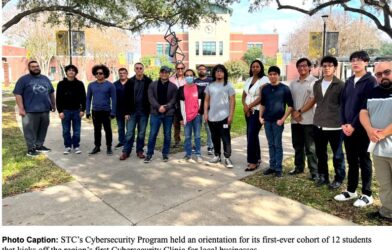IN SUMMARY
by Alfredo Cuéllar
When the Spring Revolution paralyzed France, as leftist students collapsed Parisian society and much of France, then-President Charles de Gaulle interrupted his visit to Canada, returned home, negotiated, and regained control. Immediately afterward, he called his Minister of Higher Education and asked:
“How many French students do we have on scholarships in the (then) Soviet Union and its satellite nations?” “Fewer than 1,000, Mr. President.”
De Gaulle continued, “And in the USA, Canada, and the UK?” “More than 20,000.”
His instructions were as unusual as they were wise: “Mr. Minister, please arrange to send more than 50,000 students to communist countries.”
The participants were bewildered. The silence was broken by the Minister of Higher Education:
“But Mr. President, the recent conflict was caused by leftist students incited by communists, and now you’re asking us to send more students to be indoctrinated by those agitators?”
De Gaulle was not only a great statesman who had resisted the German invasion of his homeland—he was a cunning old fox who knew how to go against logic by following micropolitical principles.
“EXACTLY,” he replied. “Students are not fools; they will see the misery and abuses in those nations where everything is theory and nothing is practice. No one who has seen the reality of communism will continue to fight for that fantasy.”
This is relevant now in the battle between Trump and Harvard, where Trump acts as the anti-De Gaulle.
When a world power like the United States decides to close its doors to international students—especially those at Harvard—it’s not just immigration policy at play. It’s a raw example of strategic micropolitics. President Trump’s recent announcement to bar Harvard’s international students from entering the U.S. is a calculated and deeply symbolic move, invoking not only state power but also the invisible tensions between knowledge, sovereignty, and ideological control.
The Micropolitics of Revenge
This decision didn’t emerge from a vacuum. As The New York Times notes, it’s a personal act against an institution historically critical of Trump and perceived by his movement as an enlightened elite “enemy of the people.” This is less about national interest and more about punishing free thought—turning Harvard into a scapegoat through legally veiled retaliation.
This activates a key micropolitical principle: “Power doesn’t always aim to convince—sometimes it aims to humiliate.” This is a textbook case of strategic retaliation: punishing not the guilty, but the symbolic.
The Value of the World’s Brightest Minds
What the president ignores—or pretends to—is that every international student who arrives at Harvard represents more than just tuition. They represent a bridge between civilizations, a global vote of confidence in America’s democratic and academic values. That the world sends its best minds to this country, and particularly to Harvard, is a testament to the soft power the U.S. still holds.
From a micropolitical lens, these students act as unofficial diplomatic agents, channels of influence, and future leaders who will remember with admiration—or horror—how they were treated.
Future Scenarios: What If They Leave?
This is not a rhetorical question. What if thousands of international students choose Canada, Europe, or even China? A domino effect would ripple through the knowledge economy: less talent, fewer patents, and diminished cultural exchange. The country would be intellectually poorer.
This is a classic case of “winning while losing” in Micropolitics: winning an ideological skirmish (by imposing power over Harvard) but losing the very intellectual ecosystem that keeps the nation strong.
Micropolitical Strategies Moving Forward
In the face of this offensive, Harvard and similar institutions must activate non-conventional power strategies:
1. Build international alliances that give visibility to the attack and confront it in global forums.
2. Empower international students as spokespeople in their home countries, creating a network of academic and ethical resistance.
3. Deploy the “Power of Humility,” showing that resistance need not come with hatred but with moral and intellectual superiority.
4. Redefine the public narrative—not as a defense of an elite but as a defense of the rights of thousands of talented young people.
5. Appeal to the Least Interest Principle: show that Harvard does not financially benefit or seek prestige from these students—it welcomes them out of academic conviction.
Conclusion
Trump is not just trying to close physical borders. He seeks to contain critical thinking, replacing dissent with obedience. His action against Harvard is, in fact, an attack on the university as a global space of freedom.
But as Micropolitics teaches us, acts of authoritarianism born of fear are often the first to crumble. In the end, the battle for knowledge is not fought in the White House—but in every classroom where thinking is still being taught.
Dr. Alfredo Cuéllar is the father of Micropolitics, international academic, and retired professor of Fresno State. Information and comments: alfredocuellar@me.com





